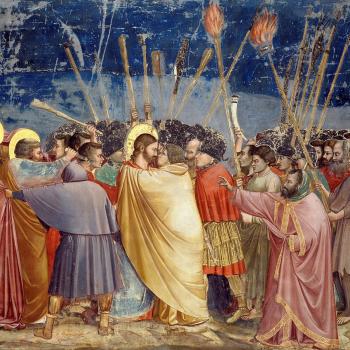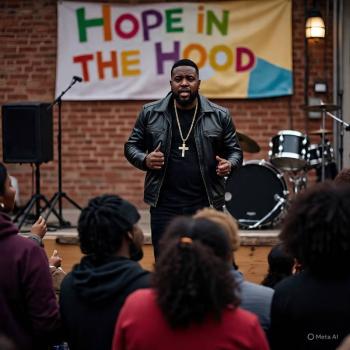Choosing people to give sermons in our Sunday worship service requires knowing the gospel and knowing what the congregation needs to hear preached. It also requires knowing who can be expected to do that preaching. It doesn't require theology.
Similarly, assuring that the Lord's Supper (Mormons call it the Sacrament) is done in order means knowing how the ritual is to be done and knowing the young men who will perform it. Helping those struggling with faith or commitment to the faith seldom requires theological training, but often requires empathy, an understanding and imitation of Christ's love, and wise counsel.
As Mormons see it, Jesus' ministry is the model for our own, and he went about preaching the gospel and healing the sick. So the Mormon emphasis is on preaching the good news of Jesus Christ and aiding those in need, on practice more than on belief. In that emphasis on practice we are more like Jews and Muslims. The French historian of philosophy, Rémi Brague, says "You can be a perfectly competent rabbi or imam without ever having studied philosophy" (The Legend of the Middle Ages, p. 2). He could have added "Mormon bishop."
I have rarely been asked more than basic questions about my theological beliefs in my forty-nine years as a Mormon. Anything that has gone beyond a few basic issues, like whether I believe in God and Jesus Christ, has mostly been a matter of curiosity. But I have often been asked about what I do. Do I give to the poor? Do I also pay a tithe? Do I visit those I've been assigned to visit at least monthly? Do I honor my commitments to my wife and my children? Will I clean the chapel next Saturday morning? Will we take a meal into the family whose mother is ill?
Of course other Christians ask the same questions. Mormons have no monopoly on service or understanding that commitment to Christ will result in a life of good works. But for Mormons that is almost enough. If we confess that Jesus is our Savior and recognize our need for repentance and the cleansing he offers, then the most important questions we can ask after that are questions about the life we should live, not questions about the beliefs we should hold. The Mormon view is that theology is at best an ornament on the Christian life.





